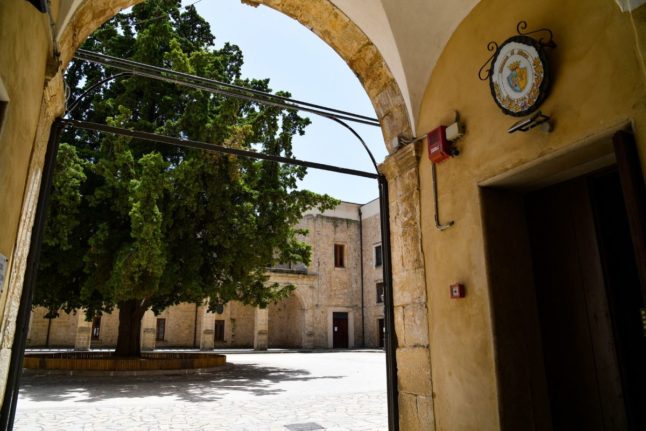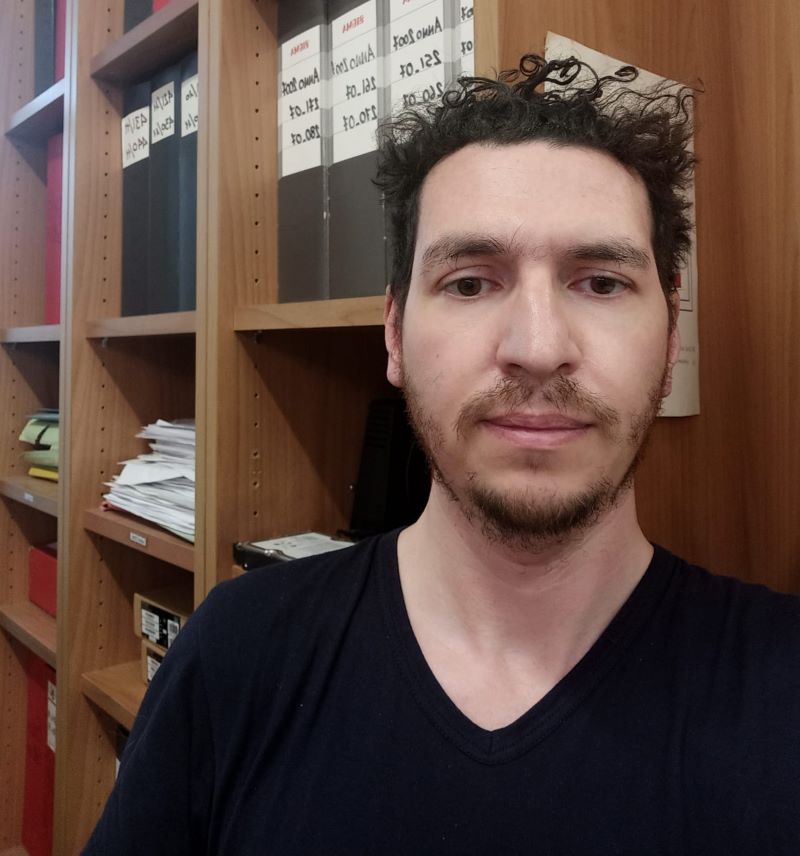Speaking on Radio 1 on Monday, Kyenge said that rewriting Italy’s citizenship law was a key aim for 2014.
“My main objective for next year is to bring to light a new law for citizenship. If the year which is coming to an end was the year of European citizenship, 2014 must be for Italy the year in which that law is realized,” she said, quoted in Internazionale.
Currently, children born in Italy to immigrant parents are not allowed to apply for citizenship until they turn 18. Since being appointed in April, Kyenge has been working to change the law to ensure people born in Italy have the right to call themselves Italian.
“We have spent seven months in dialogue, engagement and participation on this topic with other parties and people,” she said on Monday.
“It’s political work that needs to be done at an institutional level, but the important thing that I mean to reiterate is that there was a huge amount of discussion and participation on this topic that involved not only the parliament but the whole country.”
Lawmakers will work on getting the issue into the parliamentary calendar once they return from the Christmas break, Kyenge said.
Her comments on Monday reiterate those made on Twitter last week, when she said “2014 towards a new citizenship: whoever is born or grows up in Italy is Italian!”
2014 verso una nuova cittadinanza: chi nasce e/o cresce in Italia è italiano!
— Cécile Kyenge (@ckyenge) December 26, 2013
The current law bars citizenship for 15 percent of babies born each year, or 80,000 in 2012, and has been widely criticized as being out of date with the reality of a multicultural Italy.
SEE ALSO: An interview with a second-generation filmmaker in Italy
Don't miss a story about Italy – Join us on Facebook and Twitter.




 Please whitelist us to continue reading.
Please whitelist us to continue reading.
Member comments